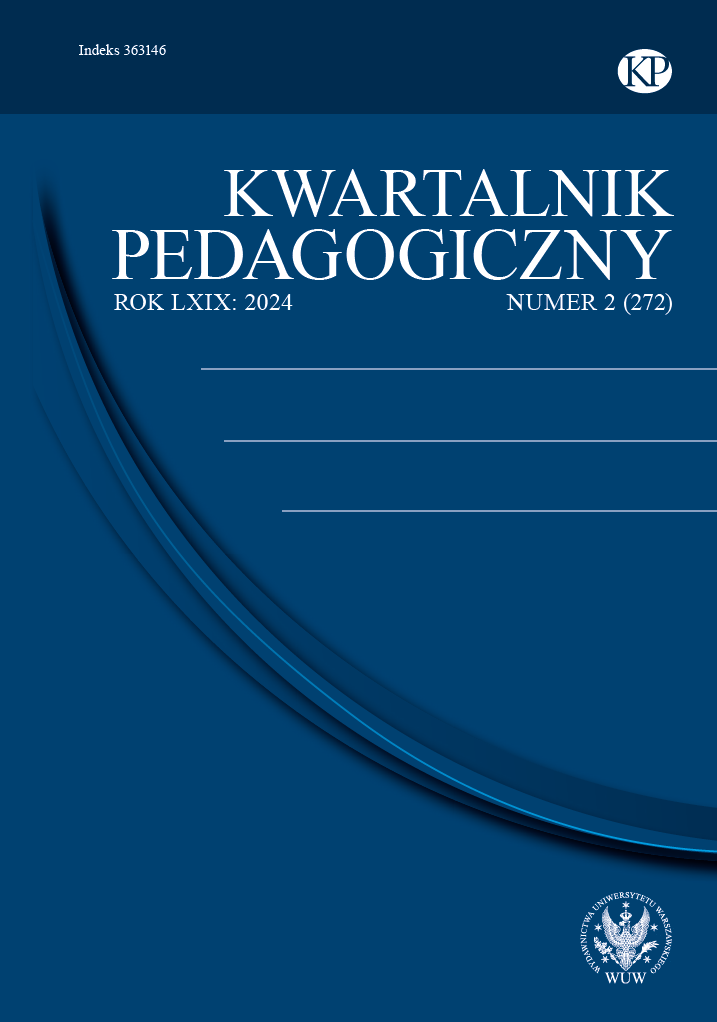Czy przełamywanie tabu językowego służy czy szkodzi komunikacji społecznej? Problematyka detabuizacji, dewulgaryzacji i desensytyzacji języka mediów w świetle wypowiedzi studentów dziennikarstwa
DOES BREAKING LINGUISTIC TABOOS SERVE OR HARM SOCIAL COMMUNICATION? BREAKING TABOOS, DE-VULGARISATION AND DESENSITISATION OF MEDIA LANGUAGE IN THE LIGHT OF THE STATEMENTS OF JOURNALISM STUDENTS
Author(s): Aleksandra Karolina PetheSubject(s): Theoretical Linguistics, Applied Linguistics
Published by: Wydawnictwa Uniwersytetu Warszawskiego
Keywords: linguistic taboos; detabooisation; devulgarisation; desensitization; media language; analysis of linguistic messages
Summary/Abstract: The study addresses the issue of linguistic taboos, particularly the dynamics of breaking such taboos, de-vulgarisation, and desensitisation in contemporary Polish, which intensified from 2020 to 2023, due to social and political events. The objective was to analyse journalism students’ statements, reflecting their subjective assessments influenced by journalistic discourse. The podcast Words Went to War by Hubert Salik and Michał Szułdrzyński served as the starting point to explore whether breaking linguistic taboos benefits or harms social communication. The empirical material comprised 115 student-written texts (mini-essays) from January 2021 and June and October 2023. A qualitative analysis was conducted, focusing on the content and the attitudes toward the aforementioned phenomena. Based on the interpretation of the research findings, it can be concluded that respondents are aware of the ongoing and intensifying processes of vulgarisation and de-vulgarisation in the public sphere. They often regard breaking linguistic taboos as an effective method for enhancing interpersonal communication, not perceiving harmful effects on the previously established principles of linguistic ethics and aesthetics in the public dimension. The conclusions confirm the thesis that there is a phenomenon of weakened linguistic sensitivity among young native language users.
Journal: Kwartalnik Pedagogiczny
- Issue Year: 272/2024
- Issue No: 2
- Page Range: 9-26
- Page Count: 18
- Language: Polish
- Content File-PDF

